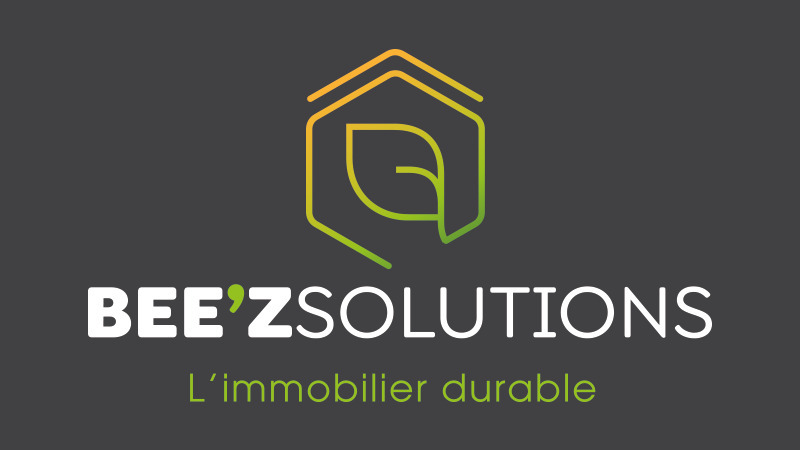Introduction:
In a world facing growing sustainability challenges, Smart Buildings are emerging as a promising solution for improving urban energy efficiency. These smart structures integrate advanced technologies to optimize energy consumption, reduce carbon emissions and create more sustainable urban environments. In this article, we explore the impact of Smart Buildings on urban energy efficiency and their role in building greener, smarter cities.
Optimizing energy consumption:
Smart Buildings use advanced energy management systems to monitor, control and optimize energy consumption at building level. Smart sensors collect real-time data on electricity, heating, ventilation and air conditioning (HVAC) consumption, enabling building managers to make informed decisions to reduce waste and improve energy efficiency.
Integration of Renewable Energy Sources:
Smart Buildings often integrate renewable energy sources such as solar, wind or geothermal power to reduce their dependence on fossil fuels. Decentralized energy production systems and energy storage devices enable buildings to generate, store and redistribute their own electricity, reducing their carbon footprint and contributing to the transition to a clean energy economy.
Intelligent waste and water management:
In addition to energy management, Smart Buildings integrate waste and water management systems to reduce their overall environmental impact. Technologies such as grey water recycling, selective waste collection and real-time monitoring of water consumption enable buildings to minimize their ecological footprint and contribute to the preservation of natural resources.
Impact on the Urban Environment:
The widespread adoption of Smart Buildings has a significant impact on the urban environment as a whole. By reducing energy demand, carbon emissions and waste, these buildings help create cleaner, healthier and more sustainable cities for future generations. What's more, by fostering technological innovation and stimulating economic growth, Smart Buildings strengthen the competitiveness of cities on the global stage.
Conclusion:
Smart Buildings represent a unique opportunity to transform urban energy efficiency and build more sustainable cities for the future. By integrating advanced technologies into the design, construction and management of buildings, we can create smarter, more resilient and environmentally-friendly urban environments. With Smart Buildings, we are paving the way for a new era of urban sustainability, where technology and innovation combine to shape a better future for all.
Updated date : 03/09/24Creation date : 22/04/24



